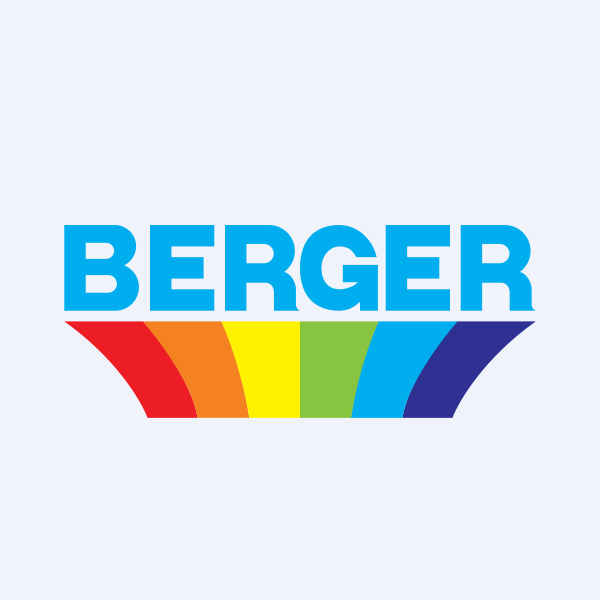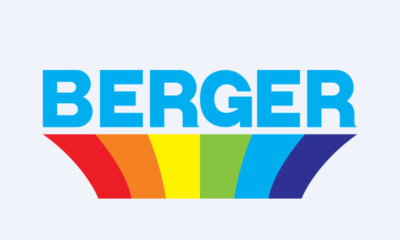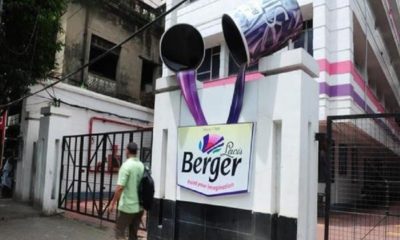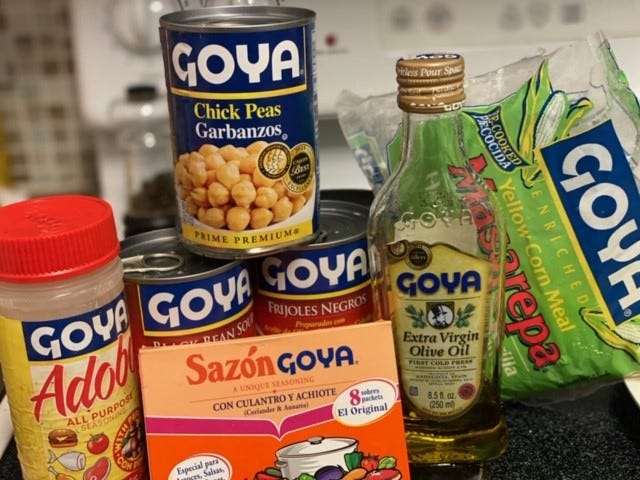A frontline manufacturer of coated paints and allied products, Berger Paints Nigeria (BPN) PLC, has emerged the first company in Nigeria to commence a four-day work week, scheduled for July 1st 2022, to upscale productivity through flexible operation and extended rest period for its staff.
But the novel work initiative, which has been embraced by the Company’s staff, will neither lead to staff rationalization nor salary reduction.
In a statement, the Company’s Chairman, Mr Abi Ayida, assured that the new four-day work week would not affect the customers and other external stakeholders as full week of services would still be provided in certain core functions related to customer fulfillment.
“ We have thought long and hard on how we can better take care of our people in an impactful and lasting way. I am therefore pleased to announce that we will from next month be the first Nigerian company, that I am aware of, to permanently change to a four day work week. The four-day week will not lead to staff rationalization. The intended outcome of this change is enhanced productivity from better rested people. Rest and recovery is a key metric of sustained performance.
“ This initiative will go a long way in redressing this imbalance and is not only beneficial to the employee but will also benefit the company. For far too many employees their place of work represents the only setting where they are assured of basic services like power, water and security. Human capital is our most precious resource as a company and we intend to nurture and protect our people in any way we can.
“ Our transition to more flexible working practices was initially primarily driven by the mobility challenges that are the outcome of perennial traffic congestion. We continue to have a firm understanding that this was a significant but not easily quantifiable, real cost to our business. “, said Ayida.
According to him, mobility constraints have always impacted significantly on companies productivity across the board in Nigeria and as a forward looking organization, prior to the emergence of Covid-19 pandemic, BPN had invested heavily in Technology to upscale its global competitiveness.
“ One of the first significant decisions I made when I became the Chairman was to lead a transition to more flexible working practices. In 2018, we made the decision to invest in fully interactive Board and Management meeting rooms with full virtual capabilities. By the time the Pandemic came along 15 months later, we had already fully embraced hybrid or virtual meetings with our external stakeholders who had that capability.
“ Our environment is very detrimental to work-life balance. As a manufacturing company, a significant segment of our staff by the nature of their jobs are involved in repetitive tasks as part of the manufacturing process. In order to maintain our consistently high quality levels, very high levels of concentration over extended periods are required. The unrelenting and deteriorating nature of our harsh operating environment has a cumulative corroding effect on an employee’s physical and mental well-being.
“ The ongoing Pandemic does seem, in hindsight, to be a mere precursor to absolutely dire global macroeconomic headwinds. We have always operated in a challenging environment but the current situation is unprecedented in the unrelenting nature of the disruptions. As an organization we are focused on thriving despite the environment and that can only be achieved through meticulous preparation, a very dynamic and infinitely flexible approach to strategy design and implementation.
“ We are blessed with an ideal blend of very experienced and new dynamic entrants in our workforce and we have significantly invested in transparent communication of our objectives and how the outcomes are beneficial. We are confident that we have enrolled enough advocates and change agents in the process. “, said Ayida.


 Billionaire Watch3 weeks ago
Billionaire Watch3 weeks ago
 Startups4 weeks ago
Startups4 weeks ago
 News4 weeks ago
News4 weeks ago
 News4 weeks ago
News4 weeks ago
 Bitcoin4 weeks ago
Bitcoin4 weeks ago
 Naira4 weeks ago
Naira4 weeks ago
 Forex3 weeks ago
Forex3 weeks ago
 Treasury Bills4 weeks ago
Treasury Bills4 weeks ago


















